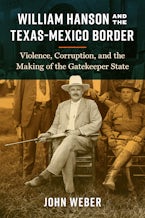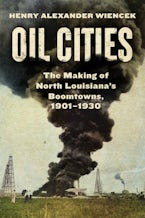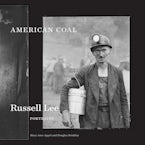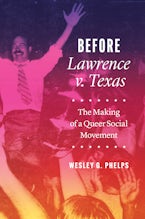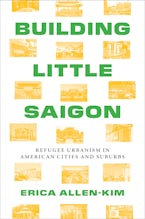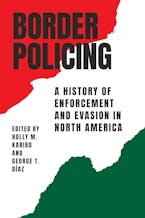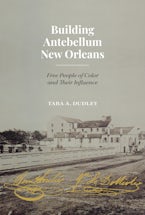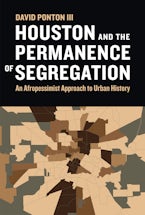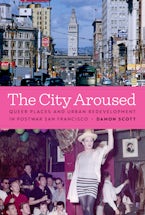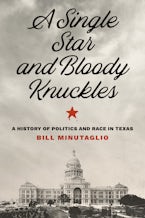Preface: Navigating Bureaucratic Imprecision in the Search for an Accurate Count of Latino/a Military Service in World War II
Karl Eschbach and Maggie Rivas-Rodriguez
Acknowledgments
Introduction: Mapping Latina/o Mobility, Agency, and Ideology in the World War II Era
Maggie Rivas-Rodriguez and B. V. Olguín
Part I. Ideological Mobility
Chapter 1. Ybor City Goes to War: The Evolution and Transformation of a “Latin” Community in Florida, 1886–1950
Gary R. Mormino
Chapter 2. Pvt. Evelio Grillo and Sgt. Norberto González: Afro-Latino Experiences of War and Segregation
Frank André Guridy
Chapter 3. Higher Education, the GI Bill, and the Postwar Lives of Latino Veterans and Their Families
Angélica Aguilar Rodríguez, Julian Vasquez Heilig, and Allison Prochnow
Chapter 4. Transnational Latino Soldiering: Military Service and Ethnic Politics during World War II
Luís Alvarez
Chapter 5. “Intellectually He Was Courageous; in Public Action He Was Cautious and Prudent”: A Reassessment of Carlos E. Castañeda’s Wartime Service
Marianne M. Bueno
Part II. Cultural Agency
Chapter 6. The Mexican Voice Goes to War: Identities, Issues, and Ideas in World War II–Era Mexican American Journalism and Youth Activism
Félix F. Gutiérrez
Chapter 7. “Capitán, ¿a qué huele la sangre?”: Mexicana/o Vaudeville and Militarized Citizenship during World War II
Peter C. Haney
Chapter 8. “Con dolor de corazón”: Militarization and Transracial Recognition among Mexican Americans and Filipinos in the Bataan Death March
Jordan Beltrán Gonzales
Chapter 9. Tejanas on the Home Front: Women, Bombs, and the (Re)Gendering of War in Mexican American World War II Literature
Patricia Portales
Chapter 10. Interrogating the Soldado Razo: Masculinity, Soldiering, and Ideology in Mexican American World War II Memoir and Theater
B. V. Olguín
Chapter 11. Seeking “America”: A Cuban Journey through the United States and beyond during the World War II Era
Gerald E. Poyo
Notes
Selected Bibliography
Author Biographies
Index


